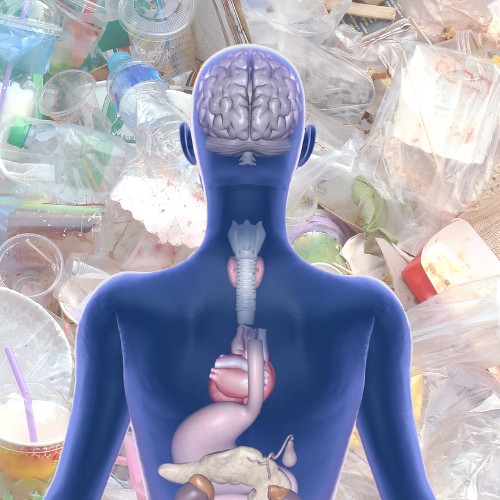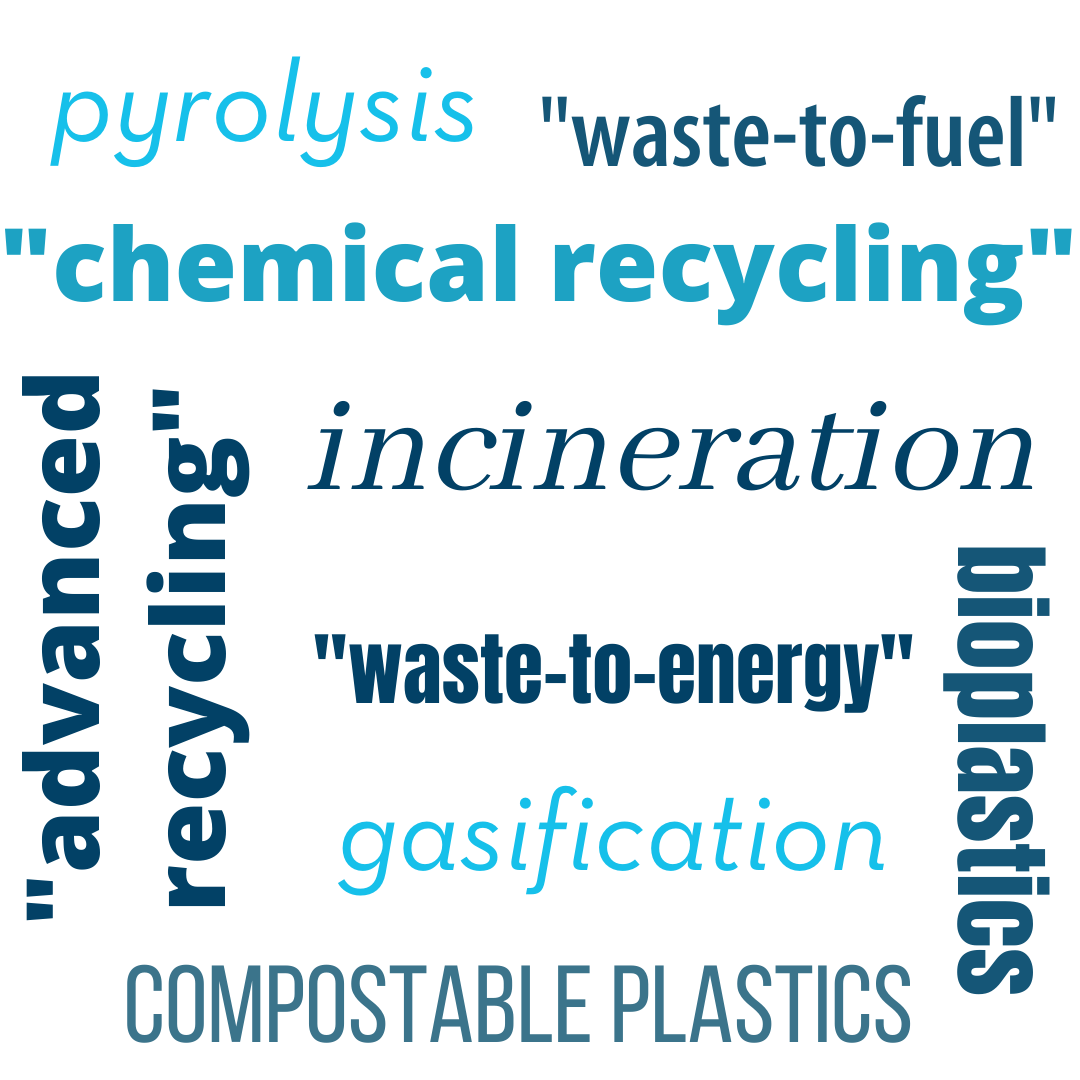
Synthetic Turf is HAZARDOUS
Synthetic turf is hazardous to human health due to chemical exposure, microplastics and the risk of skin burns as well as infections, with children being especially vulnerable.

Plastics and Human Health
Over 98% of plastics are made from fossil carbons such as oil and gas. Turning these substances into plastics involves the addition of petrochemical additives – quite a lot of them. Over 13,000 chemicals are known to be involved in the production of plastic. More than 2300 of these are “chemicals of concern.”

Microwave + Plastic = BAD Idea
When food or beverages are microwaved in plastic containers, chemical additives from inside the plastic migrate into the food and tiny flecks of plastic known as micro- and nanoplastics are also shed into the food. Both of these can present health risks.

Cheese Packaged in Plastic May Expose You to Harmful Chemicals
Cheese is a delicious snack, but if you are eating small portions wrapped in plastic, you may be ingesting more than just cheese. Many hazardous plasticizers are “lipophilic,” which means that they are drawn to and readily absorbed by substances that are high in lipids — aka fat. Cheese and other dairy items have a high fat content and readily absorb migrating chemicals.

Vinyl Chloride: A Toxic Chemical That Threatens Human Health
Vinyl chloride is a carcinogenic chemical used to make polyvinyl chloride (PVC) plastic. Vinyl chloride is found in PVC pipes; vinyl siding, windows and flooring; packaging; furniture and car parts; children's toys, pet toys, shower curtains, credit cards, gift cards and many other consumer goods.

Chemical Recycling: A Dangerous Deception
Chemical recycling is a dangerous deception that will NOT solve our plastic pollution problem. Get the facts.

Environmental Justice
Plastic production and petrochemical pollution disproportionately impact low-income communities and communities of color in the Ohio River Valley and the Gulf Coast — where the bulk of production is concentrated—and where fossil fuel, plastics, and chemical companies intend to build even more facilities.

False Solutions to Plastic Pollution
As the global plastic pollution crisis continues to grow, so does plastics industry hype promoting false solutions — techno “fixes” including waste-to-energy incineration and chemical processing of plastic waste. We need to expose and reject these false solutions.

